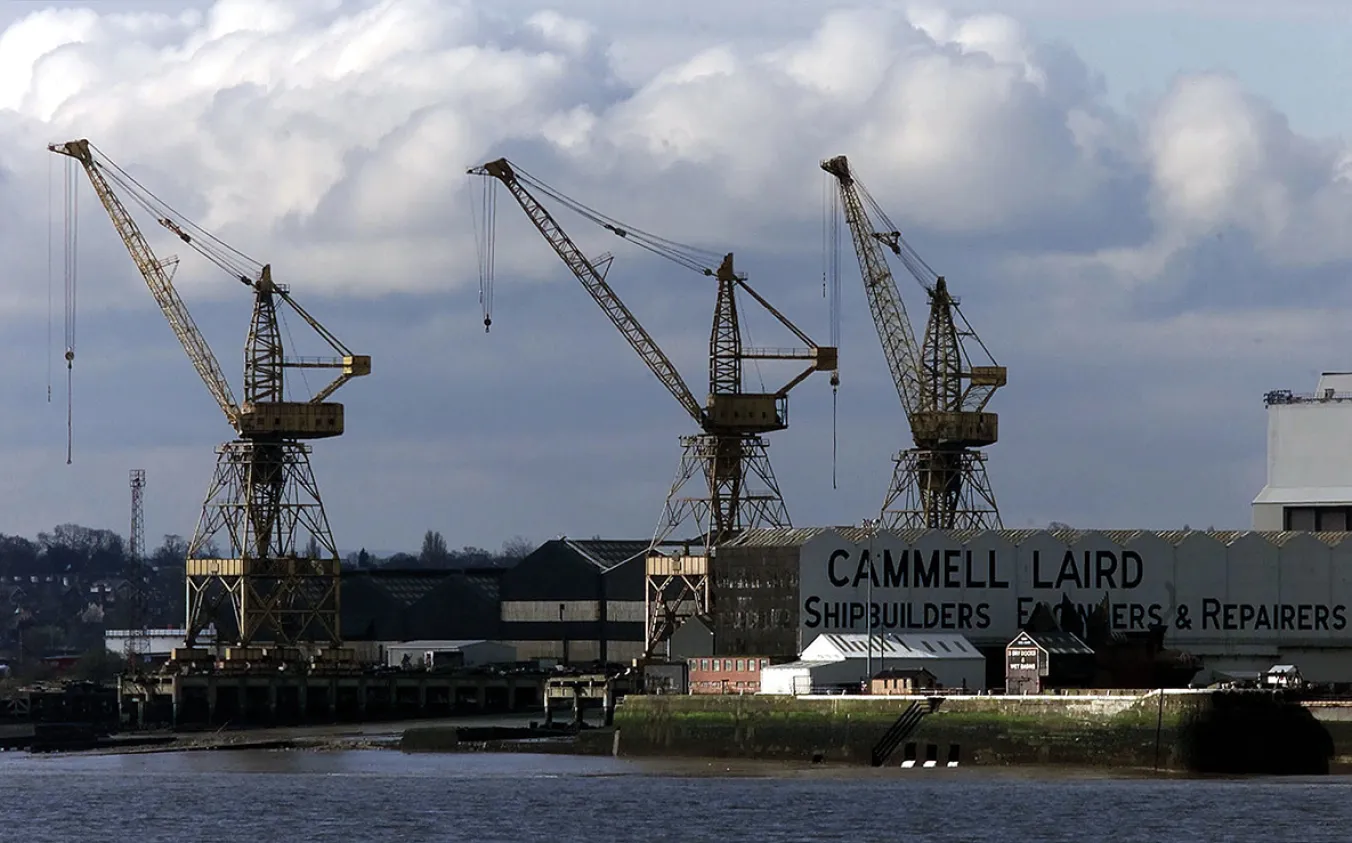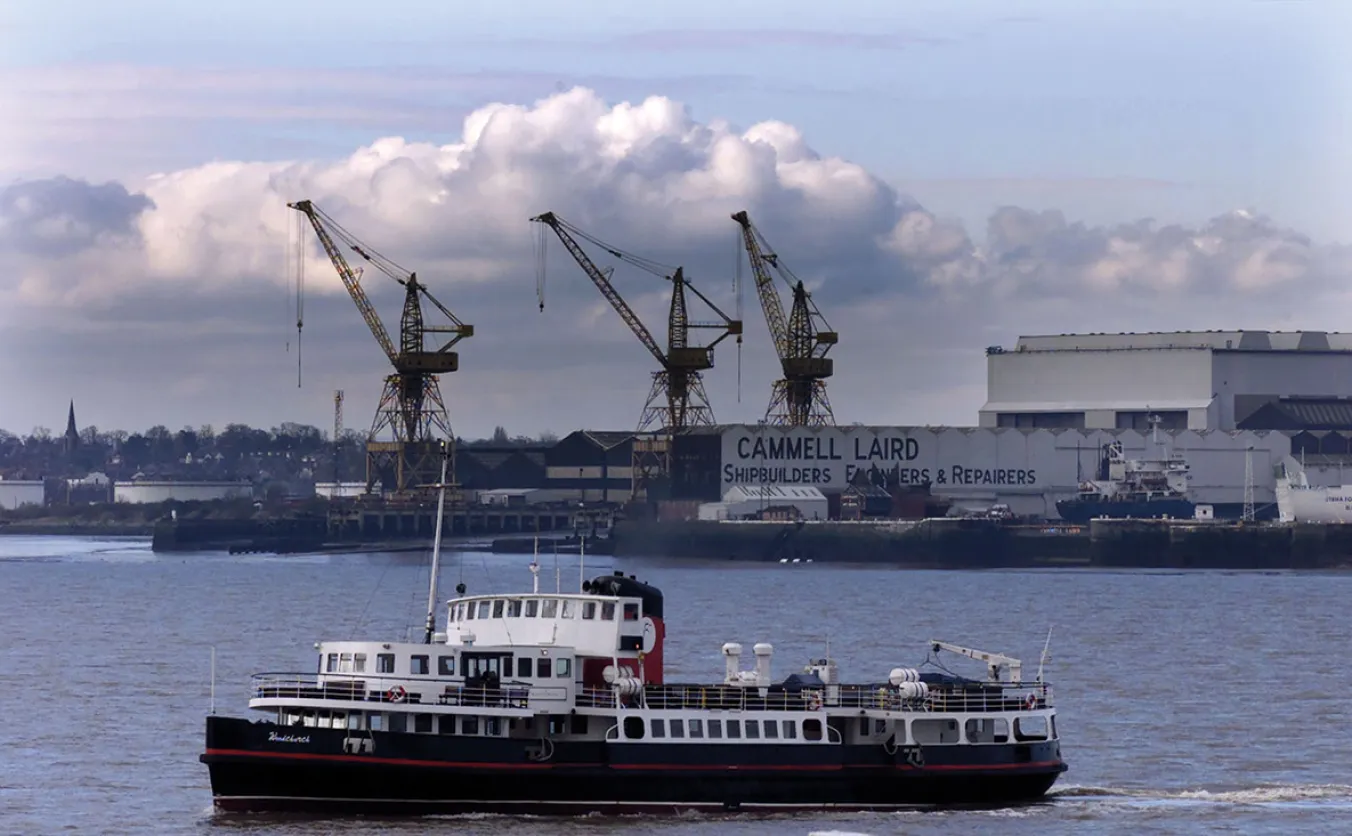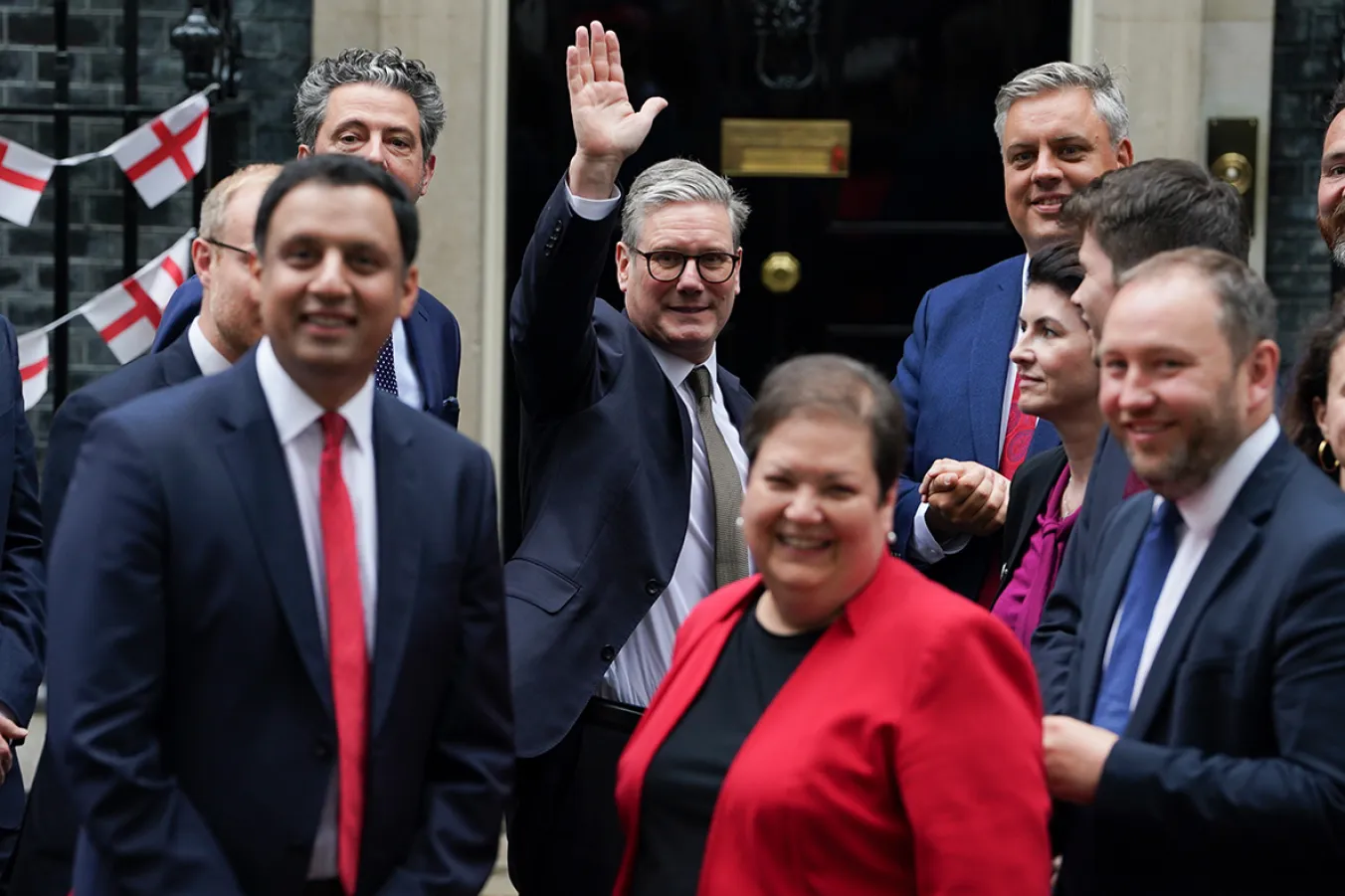
IN THE early hours of July 5 2024, the scale of Labour’s landslide election victory was clear. The Tories were massacred, returning a mere 121 MPs — their worst-ever result in history. Labour returned to Westminster with a thumping majority on the scale of 1997. Sir Keir Starmer was triumphant and hailed by all and sundry as a political miracle worker.
The story was even more dramatic given the turnaround since 2019. Under the leadership of Jeremy Corbyn Labour had crashed to a heavy defeat that year at the hands of Boris Johnson. Comparisons made with the 1931 election, when Labour won only 52 seats following the split in the party and the election of a national government coalition. The 2019 defeat led to Jeremy Corbyn resigning as leader of the party and all the blame was laid at his door.
While the historical parallel was a popular line with the media pundits and right-wing Labour figures at the time it was profoundly misleading.

















